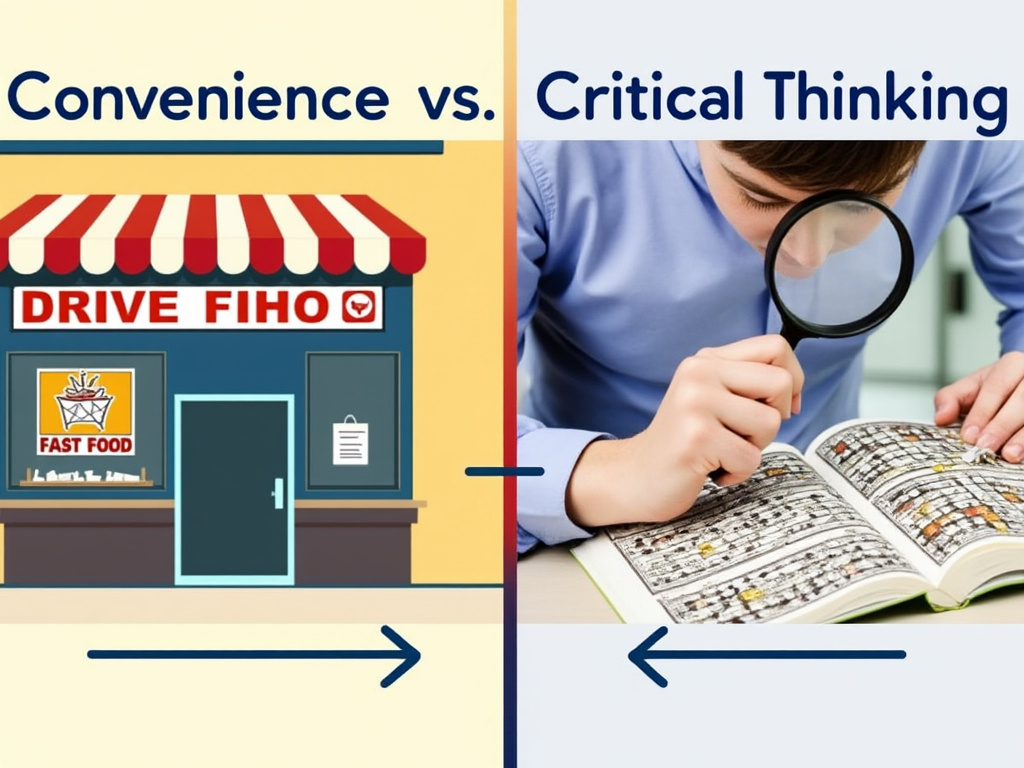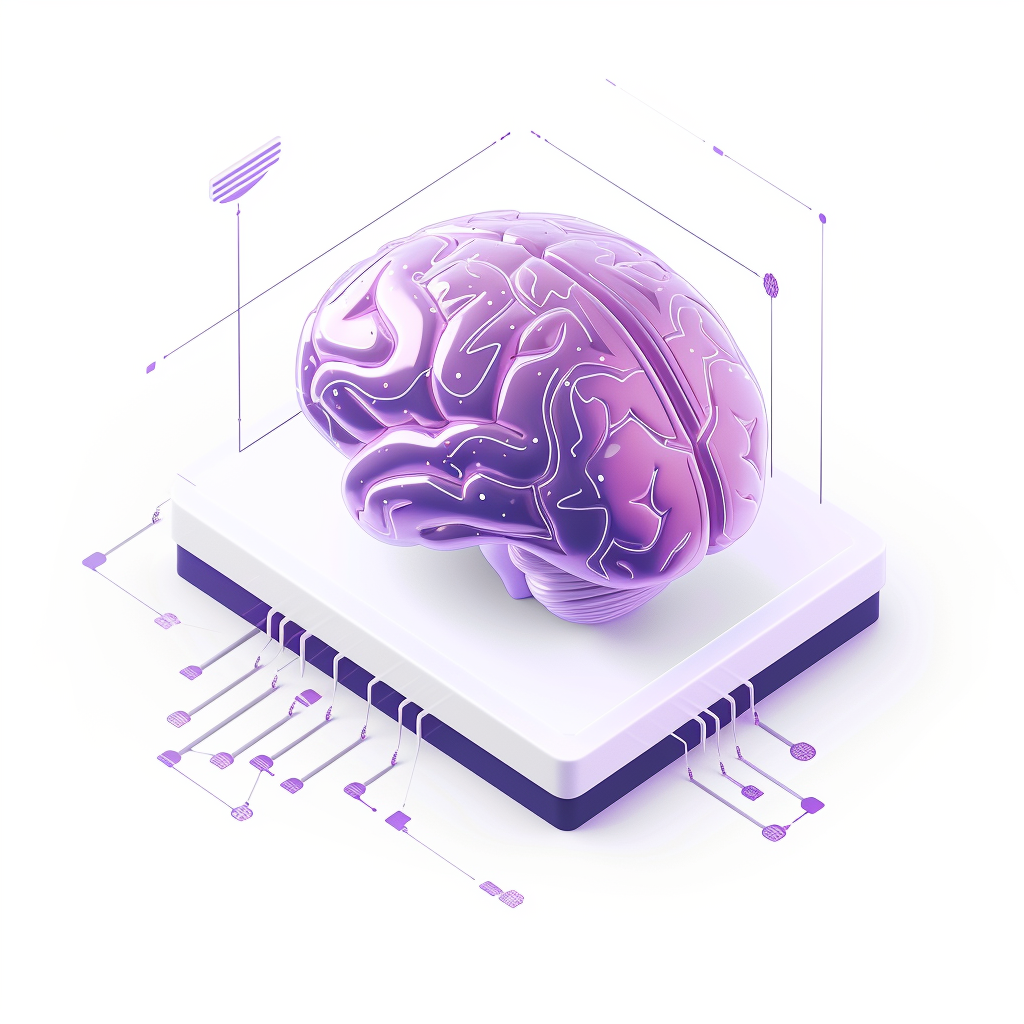Artificial intelligence (AI) has rapidly become part of our daily lives, transforming how we interact with technology and each other. As of 2024, over 80% of businesses plan to use AI in some capacity, with applications ranging from customer service chatbots to advanced data analytics tools.
Also before the recent surge in AI, we were already interacting with AI-powered technologies without even realizing it. Virtual assistants like Siri and Google Assistant, recommendation systems on platforms like Netflix and Spotify, and healthcare innovations that leverage AI for diagnostics and personalized treatments are just a few examples.
This shift towards an AI-driven world has led to a paradigm shift in our relationship with technology. We are no longer passive consumers; we are active participants in shaping the future of AI.
While AI offers immense potential for positive impact, AI’s implications extend beyond individual convenience; they affect societal structures and personal freedoms. Ethical AI usage is crucial for personal well-being and has broader social justice, privacy, and equity implications.
In the AI era, users are responsible for advocating for ethical standards, recognizing potential misuse, and actively participating in discussions about responsible technology use.
This guide aims to provide you with comprehensive knowledge about ethical AI usage. It covers essential aspects of what you need to know regarding the implications of using AI technologies while offering practical approaches for responsible engagement.
Using this guide, you can enhance your understanding of AI’s implications, improve your digital citizenship, and contribute positively to the evolving AI ecosystem.
Before we move further, let’s understand your role as an AI user.
Understanding Your Role as an AI User
As an AI user, your role is pivotal in shaping the development and ethical landscape of the technologies you engage with. Your interactions with various AI tools can significantly influence their future.
For instance, your feedback on user experiences can lead companies to refine algorithms, address biases, and enhance overall functionality. Each decision you make—whether it involves opting into data sharing or selecting a specific application—has broader implications for privacy and ethical standards in technology.
Rights and Responsibilities
Digital citizenship is an essential aspect of your role as an AI user, encompassing both rights and responsibilities. You have the right to know how your data is used and to expect transparency from companies regarding their practices.
This includes understanding what data is collected, how it is utilized, and whether it is shared with third parties. However, awareness of these rights is insufficient; you must actively seek out this information to make informed decisions.

A 2023 survey revealed that only 30% of users read privacy policies before agreeing to them, highlighting a significant gap in awareness that often leads to unintentional data sharing.
However, your role as an AI user involves evaluating AI providers based on their ethical standings. Research companies’ commitments to ethical practices, and empower yourself to choose tools that align with your values.
In addition to understanding your rights, it is crucial to recognize your responsibilities as an AI user. Acting ethically means advocating for fair practices and being mindful of how your actions affect others.
This includes considering the potential consequences of your data sharing, what you use AI for, and how it may impact you and other users and communities.
Convenience vs. Critical Thinking
Also, as an AI user, you should keenly understand that while AI can enhance productivity and convenience, over-reliance on automated systems can diminish critical thinking skills and human judgment.
For instance, in the Mata v. Avianca, Inc. case of 2023, a lawyer submitted court documents generated by a generative AI tool without proper verification. The AI produced fabricated legal citations and misrepresented case law, leading to a motion for sanctions against the attorney. The court addressed whether attorneys could rely on AI-generated content without a thorough review.

Engaging critically with AI outputs ensures that you apply your reasoning skills when interpreting recommendations or decisions made by these systems. Doing so contributes to a more thoughtful and ethical engagement with AI technologies.
Ultimately, understanding your role as an AI user involves recognizing both the power you wield through your choices and the responsibility that comes with it.
Your Digital Identity
Moreover, one of your roles is familiarizing yourself with the information you provide to various applications, which is essential for maintaining control over your digital identity. Regularly auditing your online presence through search engines and social media platforms can help you understand what information is publicly accessible about you.
When using AI tools that involve sharing information about others, it’s important to consider the implications of your actions. For instance, sharing a friend’s photo with an AI application could expose them to unwanted scrutiny or data collection.
Prioritize confidentiality and be mindful of how your actions affect those around you; you not only protect your own privacy but also respect the privacy of others.

How to Ensure Fairness and Integrity as an AI User
Artificial intelligence has become an increasingly prevalent part of our lives, weaving its way into everything from our apps to the decisions that impact our communities. As users of these powerful technologies, we are responsible for engaging with them thoughtfully and advocating for their fair and responsible application.
One critical aspect is understanding the potential for bias in AI systems. The algorithms that power many AI tools are only as effective as the data they’re trained on, and troubling patterns have emerged, such as facial recognition systems misidentifying individuals from marginalized groups at much higher rates than their white counterparts. By staying aware of these disparities, we can approach AI outputs more critically, recognizing when biases may be shaping the recommendations or decisions being made.
The Loomis Case and AI in Judicial Decisions
For instance, in a landmark case in 2016, Eric Loomis challenged the use of a risk assessment tool called COMPAS (Correctional Offender Management Profiling for Alternative Sanctions) during his sentencing. The tool was used to predict the likelihood of recidivism based on various factors, including criminal history.
Loomis argued that COMPAS violated his right to due process because he could not access the proprietary algorithm or understand how it arrived at its risk assessment. The court ultimately upheld COMPAS’s use, ruling that it did not violate due process rights. However, this case raised significant questions about transparency, accountability, and the potential for algorithmic bias in sentencing.
The case highlighted concerns about the fairness of using AI in judicial decisions, particularly regarding how these tools can perpetuate existing biases in the criminal justice system. Critics argue that reliance on such tools can lead to discriminatory outcomes against marginalized communities.
Transparency and Inclusivity in AI Use
Promoting inclusive AI use is also essential. This means pushing for diverse representation in the datasets used to train algorithms, helping to mitigate biases and foster more equitable outcomes. If we encounter instances of biased AI, reporting these issues to developers or utilizing feedback mechanisms can contribute to improving the technology over time.
In our professional and creative work, it is important to be transparent about AI’s role. Acknowledging when an idea or piece of content was assisted by an AI tool fosters trust and encourages a culture of honesty around technology use.
We must also consider AI’s environmental impact. The energy consumption associated with training large language models can be staggering, with a single run producing emissions equivalent to driving five cars for their entire lifetimes. Making sustainable choices in our tech usage and opting for eco-friendly applications can help mitigate this strain on our planet.
Best Practices for Ethical AI Usage
To ensure that you are using AI ethically and responsibly, consider the following best practices:
1. Understand and Respect Privacy: Always be aware of the data you share with AI systems. Familiarize yourself with privacy policies and ensure your personal information is handled securely. Opt for applications that prioritize user privacy and provide clear options for data management.
2. Promote Transparency: Seek out AI tools that offer transparency in their operations. This includes understanding how algorithms make decisions and how your data is utilized. Remember that transparency fosters trust between users and AI systems, allowing you to make informed choices.
3. Evaluate Fairness: Be vigilant about potential biases in AI applications. Understand that algorithms can reflect societal biases in their training data, leading to unfair outcomes. Choose tools tested for fairness and actively work to mitigate discrimination.
4. Engage in Responsible Data Management: Ensure that any data collected by AI systems is gathered ethically and responsibly. This involves obtaining consent when necessary and being transparent about how your data will be used.
5. Encourage Human Oversight: Advocate for human involvement in AI decision-making processes. Human oversight can help ensure AI systems align with ethical standards and human values, which can largely prevent harmful outcomes.
6. Foster Inclusivity: Support the development of AI systems that consider diverse perspectives. Engaging with various stakeholders during the design and implementation phases can help create more equitable technologies.
7. Commit to Continuous Learning: Stay informed about advancements in AI technology and ethics. Regularly update your knowledge to understand new challenges and best practices in ethical AI usage.
8. Conduct Regular Ethical Reviews: Periodically assess the ethical implications of your AI tools. This includes evaluating their impact on privacy, fairness, and overall societal well-being, especially concerning vulnerable populations.
9. Advocate for Accountability: Support organizations that hold themselves accountable for their AI practices. This includes backing companies that regularly audit their systems to ensure compliance with ethical standards.
10. Support Ethical Initiatives: Engage with community efforts to promote ethical AI development. Participate in discussions, workshops, or forums that address the responsible use of technology and its implications for society.
Final Thoughts: Future Considerations
As technology advances rapidly, we must adapt our understanding of ethical responsibilities regarding artificial intelligence. Staying updated on emerging developments allows us to anticipate future challenges surrounding privacy rights and societal norms while committing ourselves to ongoing learning through courses and workshops focused on the ethics of technology.
Regularly reviewing our practices and assessing our engagement with various AI applications helps maintain alignment between our values and technological interactions over time.
Additionally, engaging in broader conversations about responsible AI development strengthens community ties and contributes to the collective knowledge base that benefits us all as we anticipate what is coming. Through this comprehensive approach, we can foster societal progress and enhance our personal experiences with the help of these powerful technologies.







